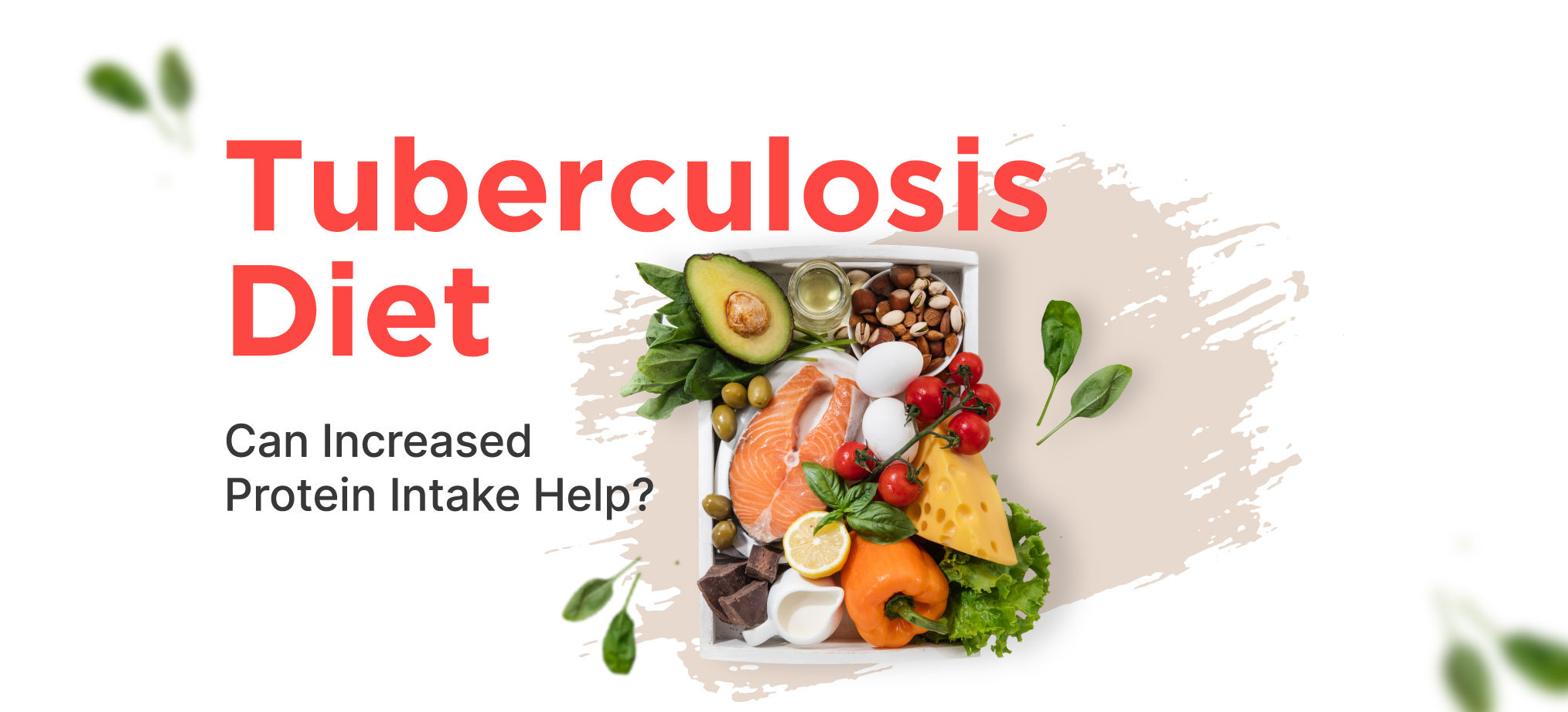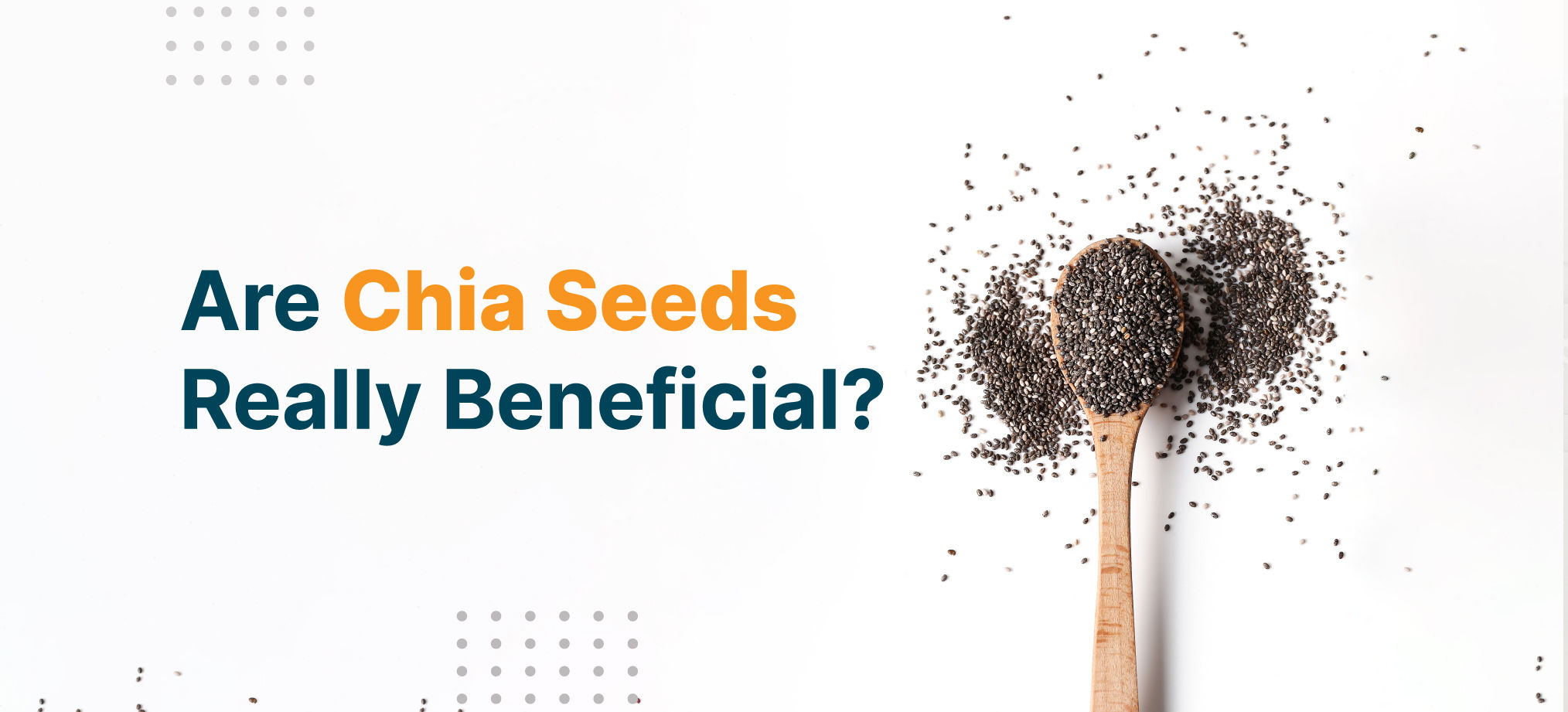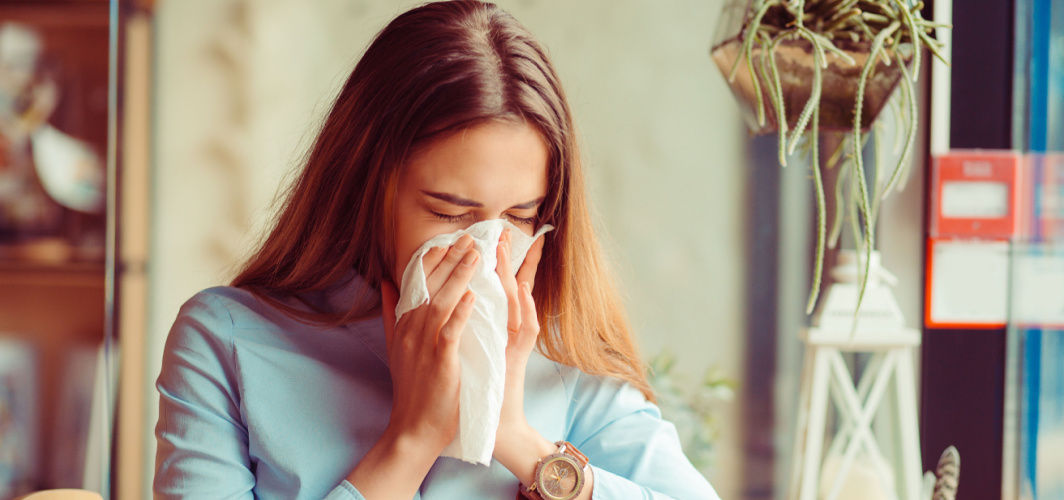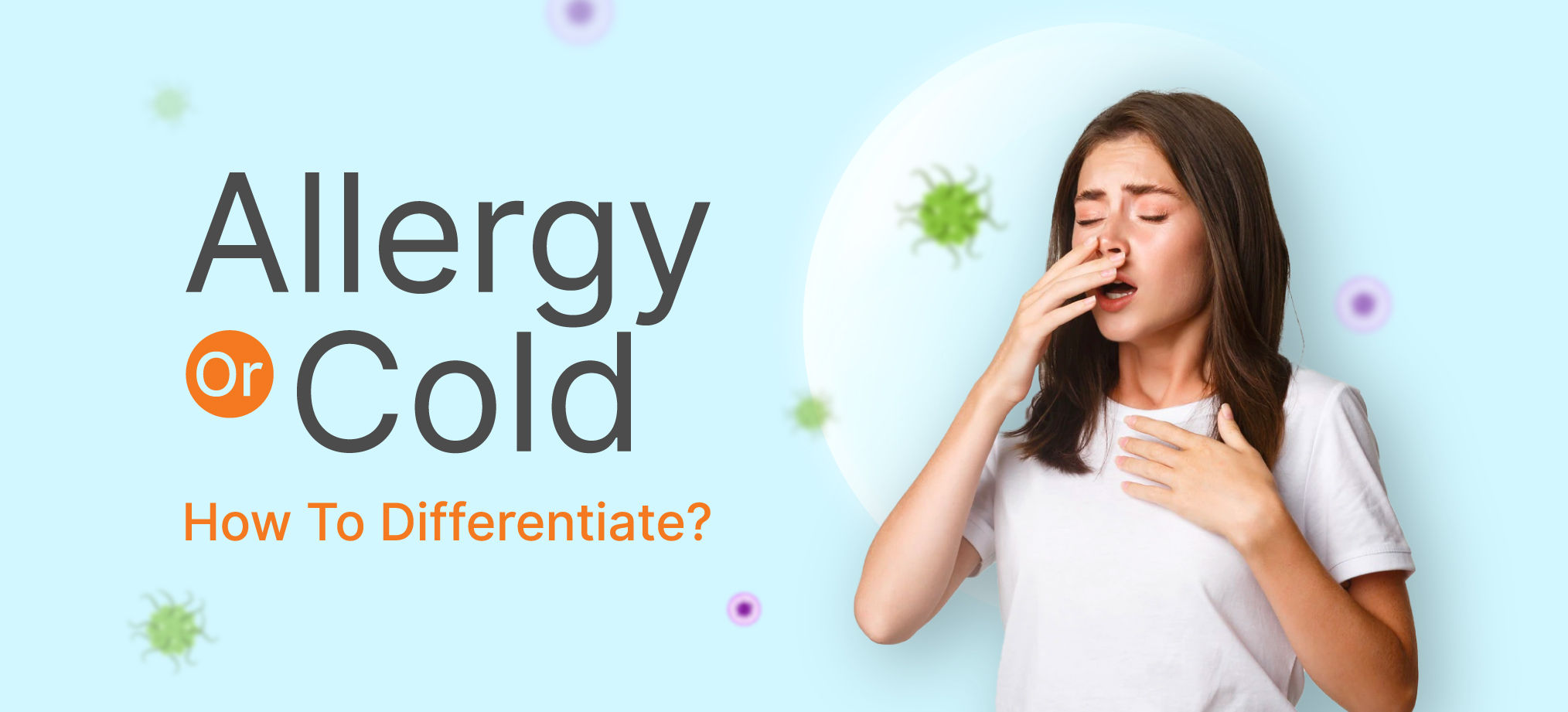General Health
Tuberculosis Diet: What Should You Eat and Avoid Eating
3 min read
By Apollo 24|7, Published on - 28 March 2023, Updated on - 06 August 2024
Share this article
0
0 like

Over 1.6 million people died worldwide in 2021 from tuberculosis (TB), the second most contagious disease in the world. However, since there is a treatment for this illness, one need not necessarily become alarmed. The body needs a well-planned tuberculosis diet chart that includes a sufficient amount of daily nutrients in addition to drugs to combat a tuberculosis infection. According to research, those who are malnourished, underweight, or immunocompromised are at a higher risk of contracting tuberculosis. Every dietary requirement for an individual with tuberculosis is covered in this article.
Avoid out-of-pocket healthcare expenses with Apollo 24|7's health insurance plan with premium as low as Rs.1 per day.
Tuberculosis Diet Chart
Patients with tuberculosis (TB) need to eat a healthy, balanced diet to support their immune system and aid in the recovery process. Here's what to include in your food diet for tuberculosis patients:
1. Eat a balanced diet
Patients with TB should consume a balanced diet that includes plenty of fruits, vegetables, whole grains, lean protein sources, and healthy fats. A balanced diet can help the body fight the Mycobacterium tuberculosis infection and promote faster healing.
2. Increased protein intake
Protein is essential for building and repairing muscles and tissues, and patients with TB may require more protein than usual to help repair the damage caused by the infection. Good sources of protein include lean meat, fish, poultry, eggs, beans, lentils, and dairy products.
3. Eat frequent, small meals
Eating small, frequent meals throughout the day can help patients maintain their weight and energy levels, as tuberculosis can cause loss of appetite and weight loss.
4. Stay hydrated
Drinking plenty of fluids, such as water, herbal teas, and fresh fruit juices can help patients stay hydrated and support their immune systems.
5. Eat foods rich in vitamins and minerals
A balanced diet rich in vitamins A, C, D, and E, zinc, iron, and magnesium, found in foods such as sweet potatoes, citrus fruits, fatty fish, nuts and seeds, lean meats, and leafy greens, can help support the proper functioning of the immune system, promote healing, and improve bone health and wound healing in patients with tuberculosis.
Tuberculosis Food To Avoid
Just like healthy and nutritious foods are essential for people with TB, there are a few food items that should be strictly avoided during the course of the medicine.
- Avoid tobacco consumption.
- Avoid alcohol intake as it can interfere with the treatment by reacting with medicines.
- Restrict coffee and caffeinated drinks to a minimum and increase intake of fluids like water and coconut water.
- Avoid deep-fried food, junk food, and refined products, like sugar, flour, etc. as these have no nutritional value.
- Limit consumption of red meat or food items that are not easily digestible as these might worsen TB symptoms, like diarrhoea and abdominal cramps.
Treatment for Tuberculosis
The treatment for tuberculosis involves taking medications for a longer period of time. It is also vital for every patient to complete the entire course of medicines as if left untreated, TB can become fatal.
Besides medicines, a nutritious diet, packed with calories, proteins, minerals, fats and vitamins, becomes essential in treating TB. Healthy eating habits play a key role in controlling tuberculosis. There should be a proper diet chart for tuberculosis patients.
Even though tuberculosis is a tough condition to live with, it doesn't have to hamper one's quality of life. A person diagnosed with tuberculosis should make considerable effort to fulfil the nutrition requirement of the body. Understanding the anti-tuberculosis food that one should avoid and focusing on the list of foods to eat can help one regain strength and build immunity.
General Health
Consult Top Pulmonology Respiratory Medicine Specialists
View AllFrequently Asked Questions
How does tuberculosis spread?
How does tuberculosis spread?
Which part of the body is affected by TB?
Which part of the body is affected by TB?
Is there a vaccine against TB?
Is there a vaccine against TB?
How long does recovery from TB take?
How long does recovery from TB take?
Can TB be cured?
Can TB be cured?
Leave Comment
Recommended for you

General Health
Flaxseeds to Chia Seeds: Five Healthy Seeds Everyone Should Eat Daily
Seeds are excellent sources of key nutrients and provide various health benefits. They are also versatile and can be incorporated easily into the daily diet.

General Health
Influenza: Symptoms, Causes, Treatment, Prevention
Learn about influenza, including its symptoms, prevention strategies and treatment options. Stay informed and protect yourself from the seasonal flu.

General Health
Most Googled ENT Questions Answered By An Apollo Expert
Due to the lack of awareness, we often end up causing more harm than good. Read on to know the answers to some of your ENT related queries to avoid doing any harm.
Subscribe
Sign up for our free Health Library Daily Newsletter
Get doctor-approved health tips, news, and more.
Visual Stories

The Best Exercises for Controlling Blood Sugar Levels
Tap to continue exploring
Recommended for you

General Health
Flaxseeds to Chia Seeds: Five Healthy Seeds Everyone Should Eat Daily
Seeds are excellent sources of key nutrients and provide various health benefits. They are also versatile and can be incorporated easily into the daily diet.

General Health
Influenza: Symptoms, Causes, Treatment, Prevention
Learn about influenza, including its symptoms, prevention strategies and treatment options. Stay informed and protect yourself from the seasonal flu.

General Health
Most Googled ENT Questions Answered By An Apollo Expert
Due to the lack of awareness, we often end up causing more harm than good. Read on to know the answers to some of your ENT related queries to avoid doing any harm.



